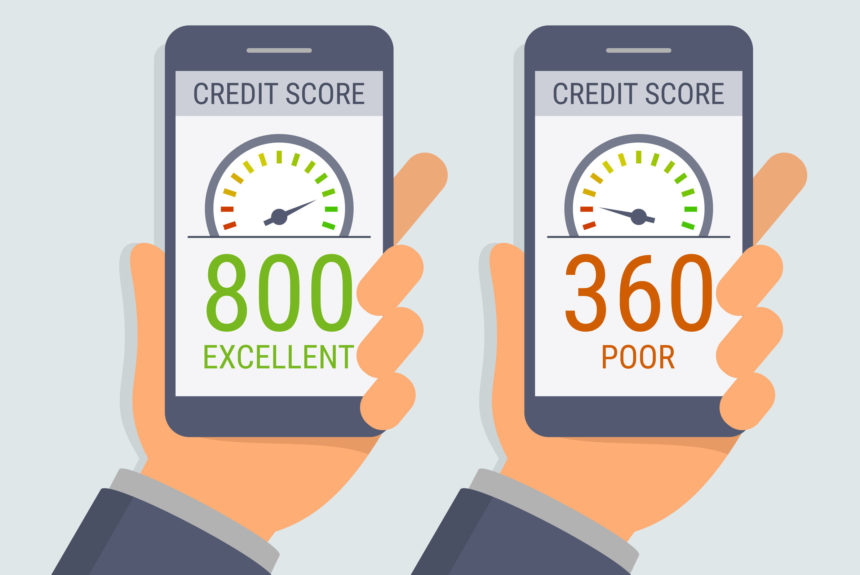FICO. It’s one of those abbreviations that’s almost as common as FBI, CIA and IRS. Although having nothing to do with government, FICO (which comes from the company’s original name, Fair Isaac Co.) credit scores play an important role in the lives of millions of people who have applied for any type of a loan.
So how are FICO scores formulated, what’s a good score, what’s a bad score, and how can you improve your score?
According to Credit.com, there are five main factors that go into FICO scores, and each has a different effect on your overall score. The first is your payment history, which is the biggest factor; followed by the amount of your debts; the age of your credit history; any new loans you have secured; and the mixture of your financial accounts and types of credit you have.
What’s the Score’s Purpose ?
The score’s purpose is to mathematically predict consumer behavior, such as how likely you are to pay your bills on time, and whether you’re able to handle a larger line of credit, such as an auto loan. Your score is entirely devoid of so-called “soft” factors, such as gender, employment and marital status, child or family support obligations, and age.
Based on this formula, an excellent FICO credit score is considered 750+; good credit is 700-749; fair credit is 650-699; poor credit is 600-649; and bad credit is a score below 600. The mathematical weight of each of these categories can vary depending on the borrower’s credit history.
For example, people with short credit histories will be factored differently than those with a longer credit history. “That’s why it’s a good idea to not get too hung up on the specific number of your credit score,” said financial consultant Gerri Detweiler in the Credit.com story. “Instead, focus on what areas of your credit are strong and which ones you might want to work on.”
In fact, FICO doesn’t attach a description such as “good” or “bad” to its individual scores. It leaves that determination up to the creditor.
What Can You Get With a Good Score?
Detweilter told Credit.com that there are actually dozens of ways FICO scores are calculated, with each providing a different value to the borrower. Consumers with excellent FICO scores are likely to get the best rates and terms when they borrow and can save significantly on interest fees.
However, as Detweilter notes, every lender is different and the use of credit scores is not cut and dried. For instance, one lender might approve applicants with credit scores of 680 or higher. Another might be more selective and only approve those borrowers with scores of 750 or higher.
How Can You Improve Your Score?
One sure sign your score is not good is if you keep getting turned down for loans for smaller items, such as a new television or computer system. If your score is below 700, and certainly below 650, you have less than stellar credit. But, as noted previously, each lender is different and makes the ultimate decision whether to lend you money.
When speaking to Credit.com, credit advisor Kali Geldis advised taking these steps to build a good credit rating: 1), Religiously make all your loan payments on time; 2) Keep the amount of debt you owe below at least 30 percent (and preferably 10 percent) of your total credit limit(s); 3) Have a mix of credit accounts – for instance, installment loans such as auto along with revolving loans such as a credit card; and 4) Don’t apply for several new loans within a short timeframe.
Almost 1,200 credit unions now offer Credit Builder Loans, according to Callahan & Associates. Skipping payments or making too many loan applications too quickly can also send up a red warning flag that can set you back two steps for every one you make forward.
Monitor Your Credit Reports
Finally, keep track of your credit. You are entitled to order a free copy of your credit report every 12 months from each of the major credit reporting agencies, Equifax, Experian and TransUnion, through AnnualCreditReport.com. This website is the only one that is government-authorized to provide you with free copies of your credit report. If you have a problem with your credit report that you can’t resolve, you can file a complaint with the Consumer Financial Protection Bureau (CFPB).
Read full article here: www.co-opcreditunions.org


